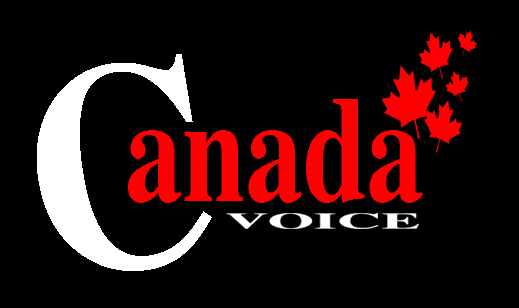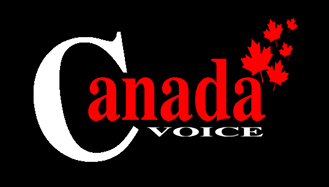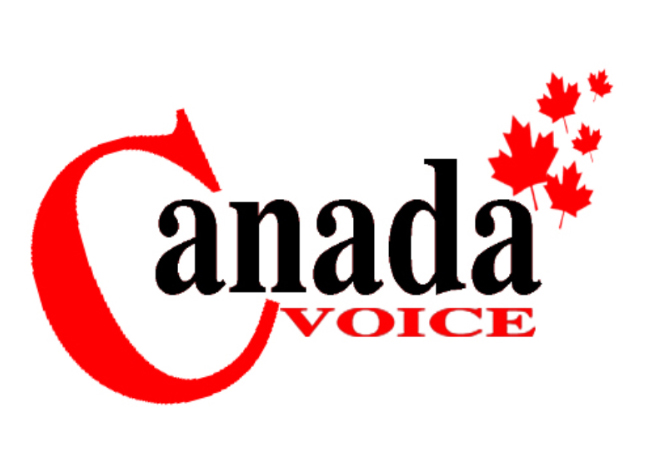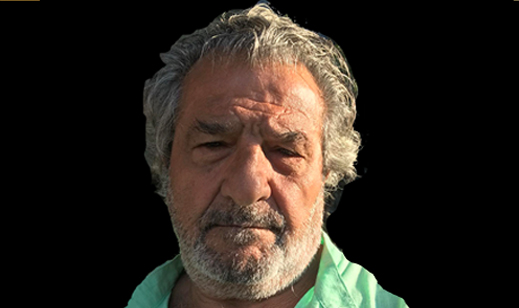By Keith Doucette, The Canadian Press
HALIFAX — The federal government is imposing a 35 per cent cut on international study permits in Nova Scotia, curbing the growth the province’s universities and colleges have seen as a result of soaring international enrolment.
Provincial Advanced Education Minister Brian Wong said Thursday that his province will be able to distribute 12,900 study permit applications in 2024, down from about 19,900 last year. That means a maximum of 12,900 international students can apply to study in the province.
The changes are a result of Ottawa’s attempt to ease the national housing shortage by slashing international study permits in Canada by more than one-third and imposing a two-year cap on student visas.
Wong said his department has distributed this year’s permits among the province’s 32 universities, colleges, private career colleges and language schools.
“We’ve worked hard trying to make sure that 12,900 number is allocated fairly amongst the institutions,” the minister told reporters, adding that a number of factors were considered, including how programs at a school align with the government’s priorities for areas such as health care and trades training.
“We also wanted to make sure that schools that were ready for some growth got the opportunity to be able to grow,” said Wong. He added that his department is holding back 99 application spaces to allow some flexibility.
Among Nova Scotia’s 10 universities and the Nova Scotia Community College, Cape Breton University is taking the biggest hit, receiving 5,086 applications — a 52 per cent drop from last year. The cut returns the Sydney, N.S., school to its 2021 application level.
The university recently announced that it was limiting admissions to its two-year post-baccalaureate diploma business program — which is favoured by international students — starting in May “as part of a deliberate strategy to manage the enrolment in that program downward.”
Mount Saint Vincent University in Halifax — down 44 per cent — and the French-language Université Sainte-Anne, with 34 per cent fewer spaces, were among the other biggest losers.
However, Dalhousie University in Halifax will receive 1,180 applications — 70 per cent more than in 2023. Others with notable increases include St. Francis Xavier University at 19 per cent and Acadia University at 14 per cent.
Wong said it’s too early to tell what the financial implications will be for each school because international students often apply to several institutions, and it’s not guaranteed they will end up at a Nova Scotia school. Individual schools that improve their so-called conversion rate — the percentage of students who receive a permit to apply and actually end up enrolling — could see an increase in their numbers of international students, he said.
“Our conversion rate in Nova Scotia is 39 per cent … the national average is actually 60 per cent, so if they can improve towards that 60 per cent, a lot of schools won’t be affected,” the minister said.
Peter Halpin, executive director of the Association of Nova Scotia Universities, said the overall federal reduction was not unanticipated after the announcement by Immigration, Refugees and Citizenship Canada in late January.
“Our universities in Nova Scotia have been preparing for that change and they are anxious to get out into the marketplace,” said Halpin. “There will be a financial hit, there’s no denying that, but the conversion rate is the big factor here.”
He said it’s too early to say whether the universities would push the province for financial help to make up for any shortfalls in funding caused by the reduction in international students.
The province announced one-year funding agreements with universities last month that required schools to develop sustainability plans for international students that outline how they will be recruited and housed.
This report by The Canadian Press was first published March 28, 2024.
Keith Doucette, The Canadian Press




